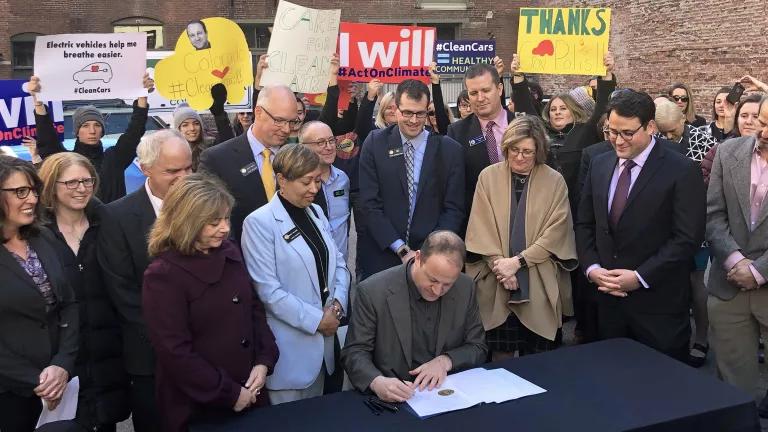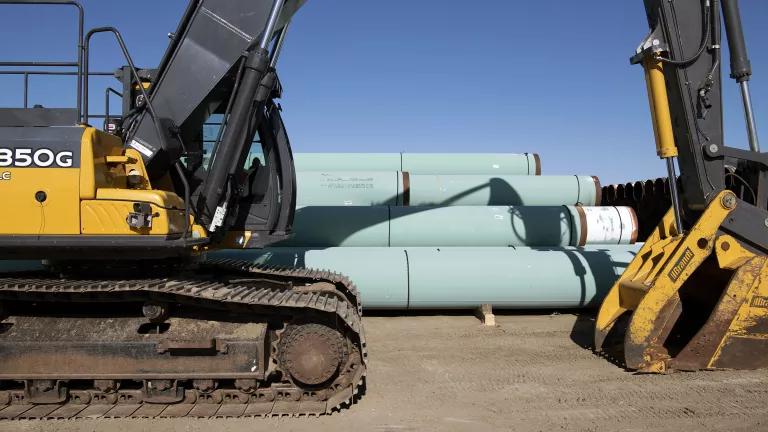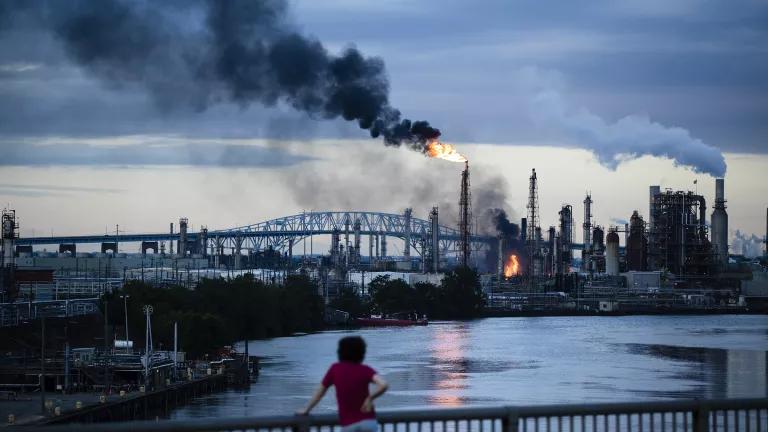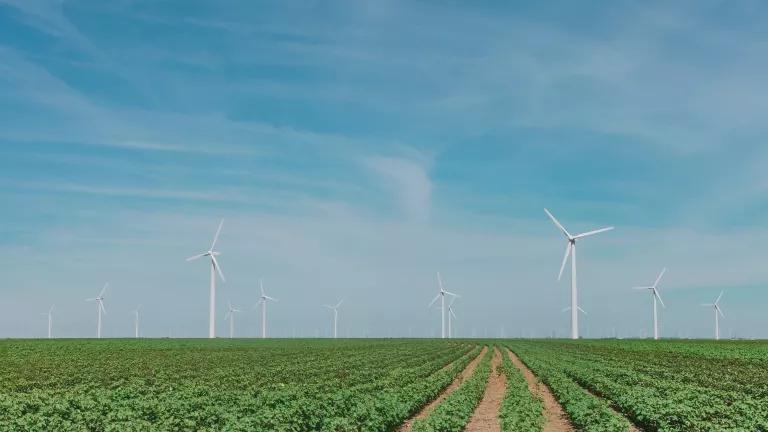The Rise of the “Outdoor Voting Bloc”

In Colorado and neighboring states, a thoroughly western combination of self-reliance and responsibility is translating into action on climate.
Many westerners share a strong connection to our physical environment. It means that we’ve witnessed firsthand the impacts that climate change has had on our natural resources, economy, and public health. This year we came together throughout the West on many issues surrounding public lands, water quality, and air quality—issues that might divide citizens in other parts of the country.
The State of the Rockies report is an annual, bipartisan poll of Mountain West voters that aims to provide a snapshot of their attitudes toward climate change, water, wildlife, public lands, and energy policy. According to the latest report, 65 percent of those polled said they wanted congressional public-lands policy to emphasize water quality, air quality, and habitat preservation, whereas only 24 percent said they wanted it to emphasize energy production and mining. Notably, the conservation-and-preservation position won out in every polled state and among respondents in every political category: Republicans, Democrats, and independents. The report’s conclusions echoed those of another recent report, Winning the West: Election 2018, whose authors pointed to the emergence of what they call the “outdoor voting bloc,” and who furthermore noted that “in most competitive states and districts across the region, candidates had to be pro-public lands to win” during the 2018 midterms.
These same voters recently shifted the balance of political power in Colorado, New Mexico, Nevada, and Washington, where state legislatures have all had busy and productive sessions (Nevada’s session ends in June). We’ve written a lot about the sessions in New Mexico, Washington, and Nevada. Colorado, whose legislators just wrapped up last week, saw a spring blizzard of activity that lasted all the way until they adjourned on May 3.
Colorado Governor Jared Polis has bills on his desk—bills he either has signed or is expected to sign soon—that ramp up energy efficiency in buildings, appliances, and plumbing fixtures; direct the state’s public utilities commission to change the way it oversees utilities to more effectively curb greenhouse gas emissions; reassert local authority over the regulation of oil and gas development; and help workers transition out of the dying coal industry and into the emergent renewable energy economy.
One of the most important areas of successful legislation are two bills that expand the market for electric vehicles. House Bill 1159 and Senate Bill 77, both of which are expected to become law, were respectively designed to encourage the purchase of electric vehicles by Coloradans and to help ensure that there are enough charging stations to fuel them as new vehicles hit the streets. These new laws will go hand in hand with a January executive order from Governor Polis that called for the creation of a statewide zero-emissions vehicle program and clean transportation plan, as well as the convening of a statewide electrification work group that will report directly to the governor on the plan’s progress. (In a bit of poetic justice, the executive order also called for nearly $70 million in settlement monies from the Volkswagen emissions scandal to be allocated to the electrification of school buses, transit buses, and other official vehicles.)
Governors across the West are responding to 2018 voters who demanded bold vision and leadership on climate change. Governor Polis campaigned on transitioning Colorado to a clean energy economy. Like his fellow recently installed western governors, Steve Sisolak (Nevada) and Michelle Lujan Grisham (New Mexico), he made his commitment to clean energy and opposition to the Trump administration’s energy and environmental policies a cornerstone of his campaign. That all three of these candidates won by healthy margins in a region where most political analysts predicted close gubernatorial races says a lot about how the electorate throughout the region is increasingly demanding action to protect the environment.
Given where and how we live, westerners have an acute sense that the clock is ticking, and that we simply don’t have any more time for denial, debate, or incremental change. Like hundreds of millions of other Americans, westerners want to see national leadership on climate, energy, and public-lands issues. With the absence of that leadership in Washington, D.C., western states are stepping up and taking matters into their own hands.




